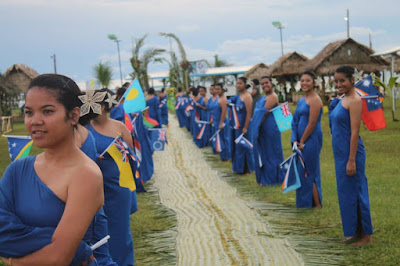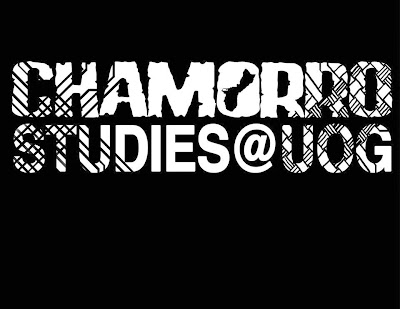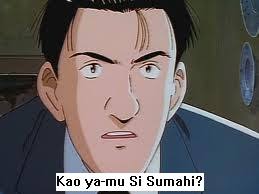Håle' Kumunidåt Roundtable Series

Next Friday, February 21st, from 4:00 - 5:30 pm, Senators Kelly Marsh-Taitano and Jose "Pedo" Terlaje will be holding the first of their public safety roundtable series called "Håle' Kumunidåt: Social Science Solutions to Drugs, Crime and Other Problems." Over the past year, the senators have attended many public safety forums and hearings and there has always been a consistent theme from police officers, social workers and others; these issues are complex and have deep roots. To tackle them the island has to use multi-prong well-informed approaches, and the Håle' Kumunidåt roundtable series hopes to provide a space for developing somme of those ideas. The first roundtable will focus the questions, "How did we get here? What what can we do next?" and we'll be hearing from historians, social workers, political scientists and mental health specialists. The public is invited to attend at the Public Hearing Room of the Guam Congress Buil





